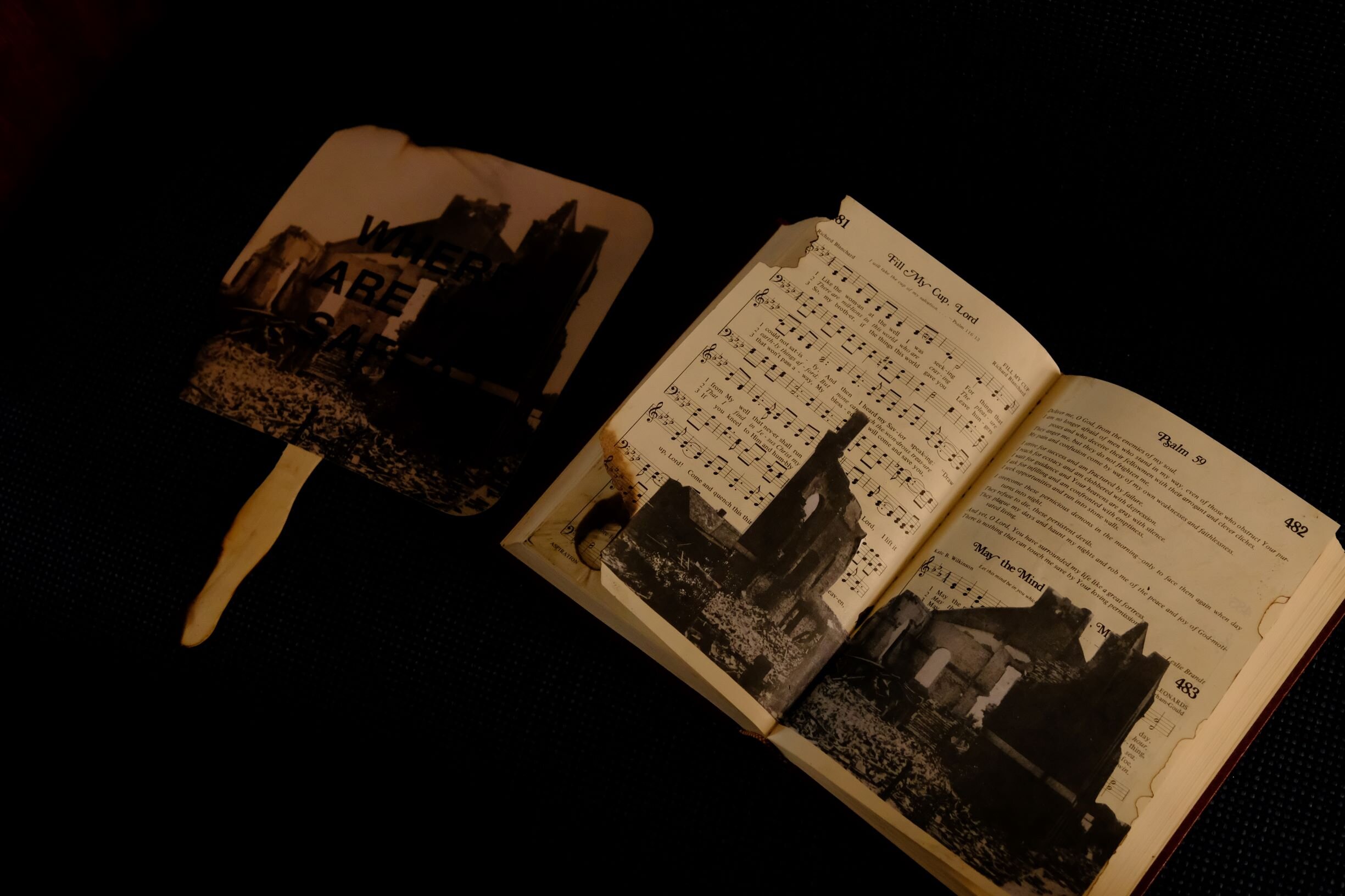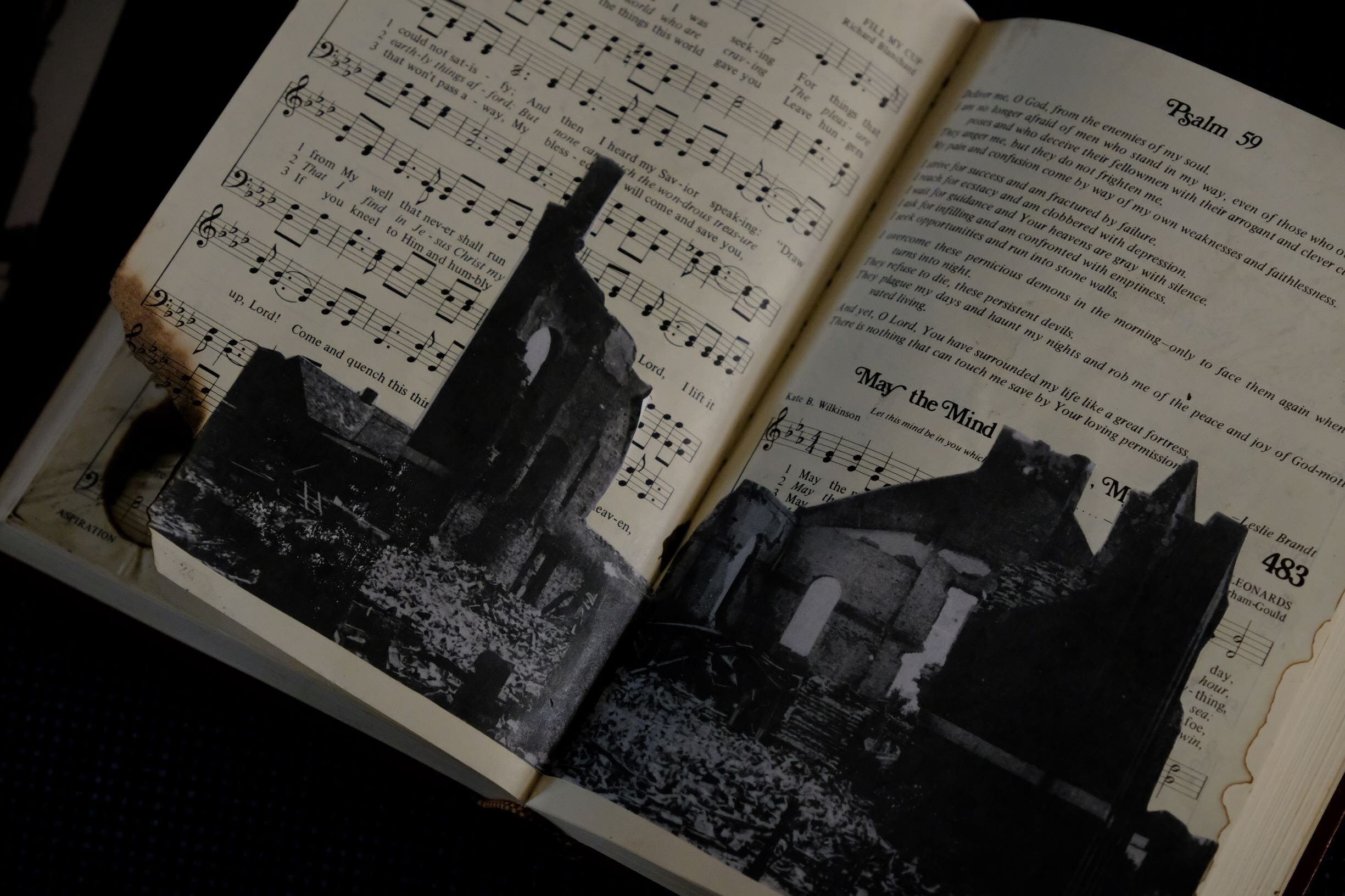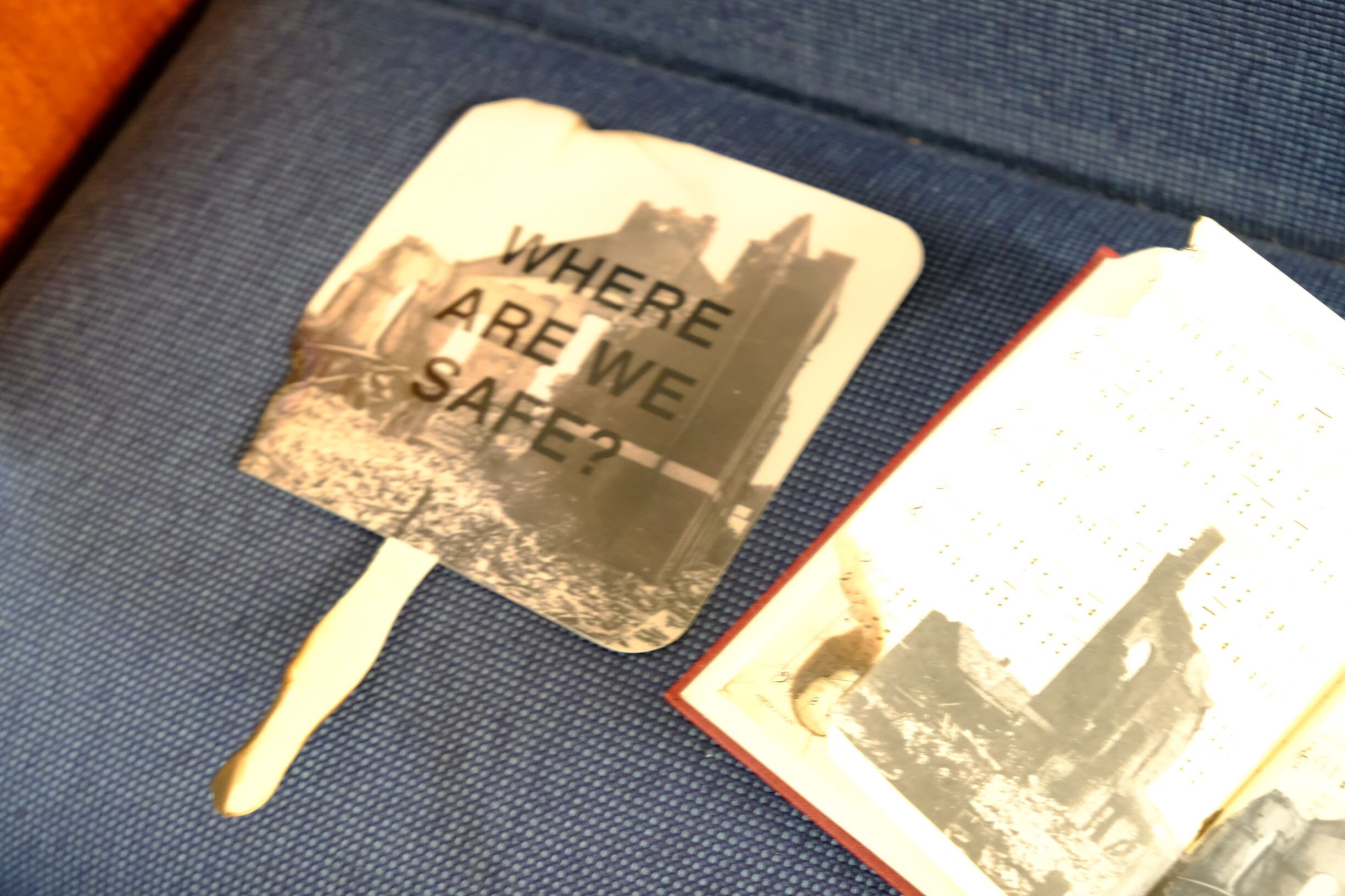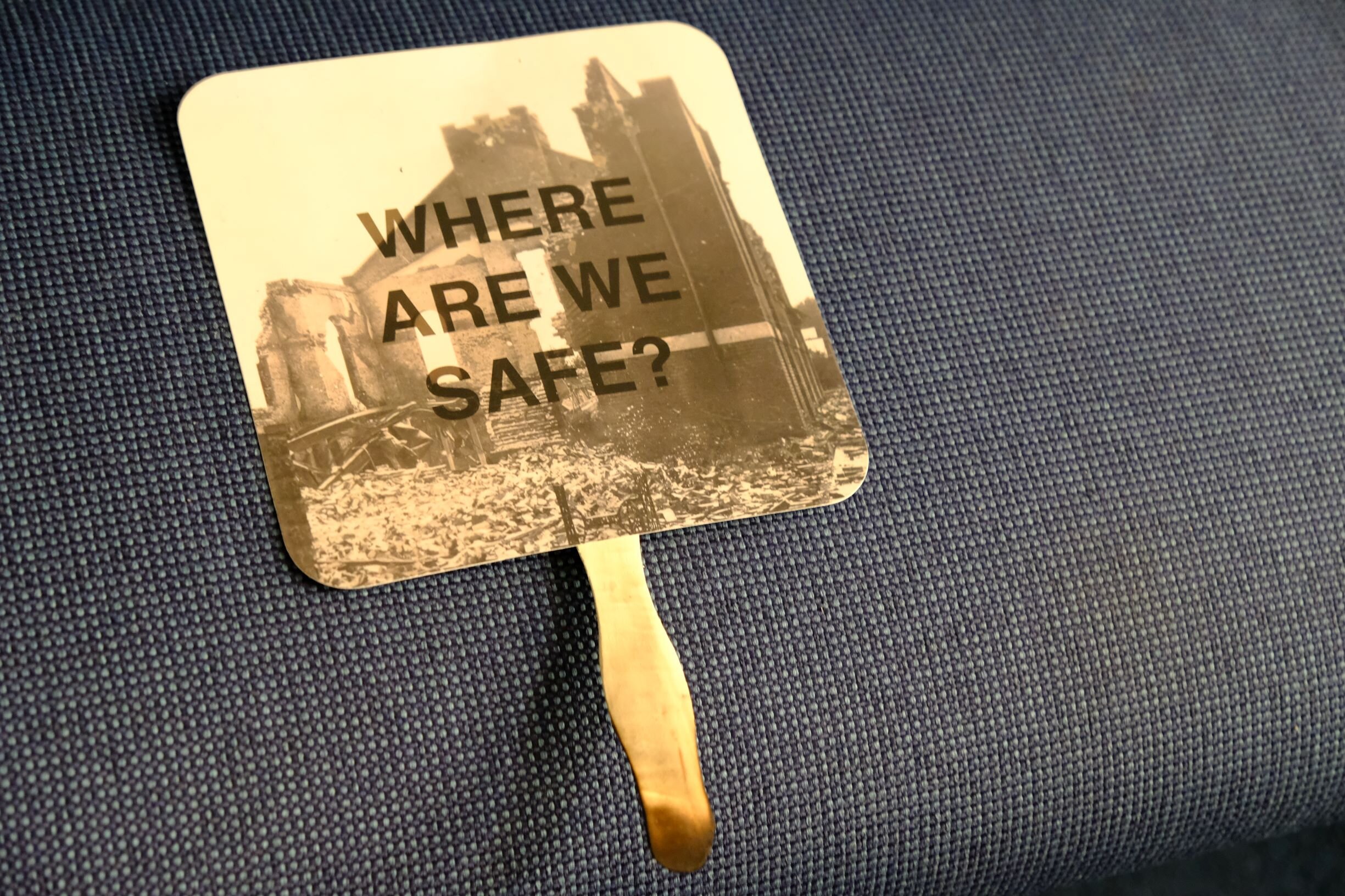Tatyana Fazlaizadeh
Tatyana Fazlalizadeh is a Black / Iranian visual artist and Oklahoma City native. She is a painter whose work ranges from the gallery to the streets, using visual art to address the daily oppressive experiences of marginalized people through beautifully drawn and painted portraits. Her street art series, “Stop Telling Women to Smile,” addressing sexual harassment in public spaces, can be found on walls across the globe. In 2019, she was the inaugural Public Artist in Residence for the New York City Commission on Human Rights. Fazlalizadeh has been profiled by the New York Times, NPR, MSNBC, the New Yorker, Time Magazine. Fazlalizadeh’s work can be seen on Spike Lee's Netflix series, She's Gotta Have It, for which she is also served as the show's art consultant. In 2020, Tatyana's debut book Stop Telling Women to Smile: Stories of Street Harassment and How We're Taking Back Our Power released from Seal Press. She is based in Brooklyn, New York.
The Day is Past and Gone
For her project, The Day is Past and Gone, artist Tatyana Fazlalizadeh creates a large-scale portrait of the Greenwood community by juxtaposing portraits of residents from the past and future against the backdrop of the Black Church. This immersive installation fuses sound, projections, large-scale drawings, text, and photography. Fazlalizadeh imagines hymnals with modern-day Black spirituals such as Kendrick Lamar’s “Alright” and Solange’s “Cranes in the Sky.” Like Greenwood as a whole, Fazlalizadeh locates the church as a site of both healing and of trauma. For generations, churches have cultivated Black community building and spiritual uplift yet they have also routinely suffered horrific damage and loss as sites of racial violence enacted by white supremacists.
The traditional church also sometimes serves as a space where fear-based prejudice such as transphobia and homophobia contrast with the more common expectations for safety and salvation. Through The Day is Past and Gone, Fazlalizadeh explores what it means to be safe as a Black person in Tulsa and more broadly, in the country as a whole.







